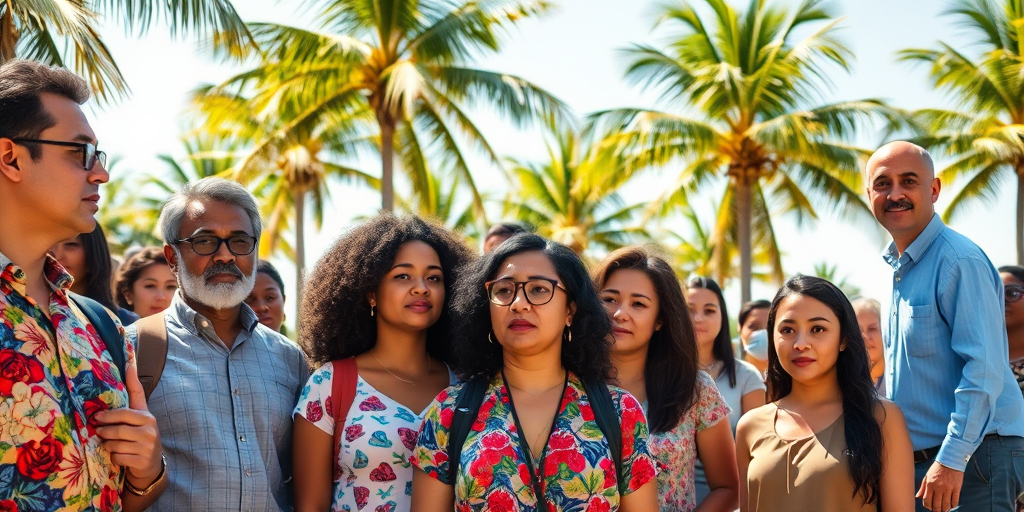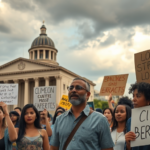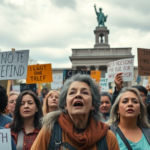Embracing Diversity, Equity, Inclusion: A Must at Public Universities
In a candid discourse, Mike Martin, the former president of Florida Gulf Coast University (FGCU), underscores the pivotal role of Diversity, Equity, and Inclusion (DEI) in the functioning and future of public universities. The importance of these initiatives is not just in fostering educational equity but also as vital elements for the social and economic development of regions like Southwest Florida.
A Charged Climate for DEI Initiatives
A few years back, the Florida Board of Governors had officially prioritized DEI across public universities within the state. However, this initiative faced political backlash as public sentiments shifted, leading to criticisms branding these efforts as “woke.” Despite this, proponents like Martin argue that DEI is not merely a cultural trend but a crucial public policy investment.
“We need to mute the political rhetoric and create an informed, pragmatic approach to shaping a comfortable future for every Southwest Florida citizen,” Martin mentioned, highlighting the social and economic imperatives behind FGCU’s commitment to DEI.
Local Workforce Challenges
Southwest Florida faces significant challenges, including labor shortages in critical sectors such as healthcare, education, and technology. The area’s low workforce participation rate—52% compared to the state’s 58% and 63% nationally—compounds the issue. This shortage is partly due to an aging population that has priced younger, working families out of the housing market, thereby shrinking the potential labor pool.
Martin posits that to address these challenges, there’s a need to “grow and educate our own” workforce. This workforce development becomes increasingly contingent on recruiting and supporting minority students, who form an ever-growing segment of the region’s population. Lee County, for instance, reports a demographic where 25% of residents are Hispanic, yet 49% of its student population is Hispanic.
Harnessing Demographic Shifts
As demographic realities shift, FGCU and other institutions in the region must adapt by crafting supportive educational environments for minority students. The ultimate goal is to reduce dependency on expensive bureaucracies and instead engage a diverse citizenry directly in workforce preparation.
“Our future economy depends on our ability to recruit, retain, graduate, and launch these graduates into high-demand career paths,” Martin emphasized. This approach underscores a commitment to building a workforce that is as diverse as it is skilled.
A Broader Community Impact
The incorporation of DEI practices within university frameworks is positioned as essential for the advancement of a regional workforce that promotes the greater good. Through these practices, FGCU aims to bridge the gap between educational institutions and the diverse community they serve, stimulating local economic growth.
“Celebrating diversity, ensuring equity, and embracing inclusion is a must. At FGCU, making this unambiguous sends the message that ‘every qualified and motivated student is welcome,’” Martin reiterated.
Potential Oppositional Views
While DEI initiatives are foundational to enhancing workforce capacity, they do not come without controversy. Some critics argue that such initiatives could incur unnecessary costs or detract from core educational focuses. Former educator Sandra Ortiz weighed in, expressing concerns about ensuring that DEI programs remain robust yet fiscally sustainable. “It’s crucial to align DEI initiatives with our broader educational missions and make practical use of available resources,” she noted.
Nevertheless, the focus remains on how essential these initiatives are in ensuring a flourishing future for the community at large.
Future Implications and Resources
Continuing to uphold DEI as a strategic priority will likely influence not only educational policy but also regional economic strategies within Southwest Florida. If successful, such initiatives could serve as a model for other public universities grappling with similar workforce and demographic challenges.
For local residents interested in learning more or becoming involved, FGCU will hold informational seminars to further discuss the importance of DEI and its impacts. Community members are encouraged to participate in these discussions, fostering an environment where diverse voices contribute to the shared goal of regional prosperity.
As the debate around DEI in public universities persists, the key takeaway is clear: embracing these values is not just ‘woke’ policy—it’s strategic, necessary, and instrumental for the inclusive growth of Southwest Florida.
Through accessible opportunities, FGCU aims to craft a brighter, more equitable future, reinforcing its role as a bastion of progress amid evolving societal and economic landscapes. As the local impact of these policies unfolds, the community’s collective interest and involvement will shape an era of forward-thinking educational practices designed to meet 21st-century challenges.







